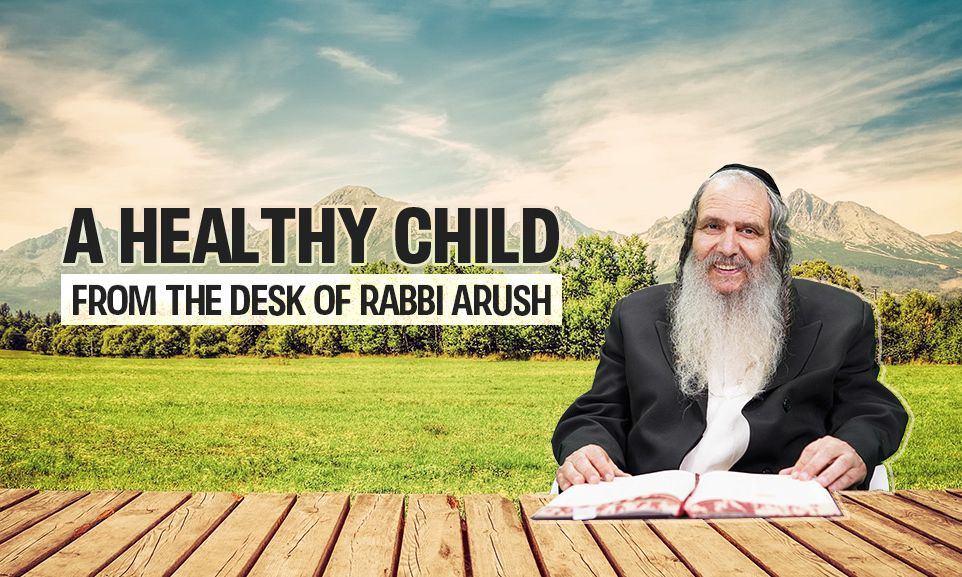
A Healthy Child
Dear readers, here is a collection of answers to a survey we conducted among men and women. The survey had only one question: Why do you want to raise children? Read about the surprising result...

A “Surprising” Survey Finding
Dear readers, following is a sampling of answers to the new and surprising survey we performed among men and women. The survey consisted of one question: Why do you want to raise children?
The answers we received were varied: In order to raise a healthy, successful and principled human being; to give endlessly; to do everything so that they will have a happy childhood and good memories; so that they will have love and warmth, and life should be good for them; to see them growing and developing and forming their personality; to get up in the morning for them; to hear them laughing; to cook for them; to hear them calling us, “Imma”, “Abba”; to go on trips with them; to teach them; to learn Torah with them; to play with them; etc., etc. But the survey’s big surprise was that no man or woman wanted children in order to punish them! Everybody dreams about children, and, in those dreams, no one sees himself or herself punishing them… That is the most “interesting” finding of the survey.
No Room for Punishment
We asked the statisticians and the parenting and educational psychologists: How could that be? Punishment is such an important and even intrinsic part of the parent-child relationship; perhaps it is the basis and the core of all education – how could it be that punishing is not part of our dreams and aspirations as future parents?
Okay, I hope that all the readers understand that this question was asked cynically, and the answer resides in the question itself: No one dreams and aspires to punish, because under normal conditions and as an ideal, no father and no mother should wish to punish. And it is clear that punishment is not part of any relationship and has no room in the relationship between parents and children.
Unfortunately, punishment is a tool that sometimes we, as parents, are forced to use. But – and this is a very big and important ‘but’ – this has many caveats: One punishes only as a last resort, when all other options have been tried, only with the intention to educate, for the good of the child, and only with a very heavy heart; only out of love and not out of anger and revenge. And we’re talking about gentle punishments that are a natural outcome of the deeds, and proscribed, of course, after careful judgment and with much sensitivity.
After all, it is pretty clear and agreed upon that punishment is not an effective tool for true education. A punishment does not awaken any inner desire or personality correction in children (and that’s without mentioning that only a small number of parents know how to punish correctly, and in most cases our punishments are just a venting of our anger with no connection whatsoever to education). If that is so, one can say that in a healthy relationship between parents and children, punishments are almost wholly absent!
A Child from a Good Home
If we agree about this model, we can examine our connection with our Father in Heaven from a new and revolutionary angle: Our connection with our Father in Heaven is exactly like that between children and parents.
The essence of the connection, from Hashem’s side, is love, giving, straight and healthy growth, and building the personality in a way that makes best use of the powers within us and allows them to express themselves fully and develop in the best way for our souls. All those, and another long list of good and sweet things.
All of this can be summed up in the word emuna – faith. Emuna is completely good, because we believe in a Creator Who is totally good and His one and only wish is to do good. And just like in educating mentally healthy children punishment is not part of the relationship, so too in the matter of the Creator’s connection with us: There is no room for thoughts of punishment!
Such a connection with the Creator is complete emotional health, just like a child growing up in a healthy, good and warm home.
A Difficult Childhood
As opposed to this, a child whose experience is connected to punishments, and the punishment is part of his thinking, and he sees his parents as “punishers”, will certainly grow up with a damaged psyche. The same thing is true for us, as children of Hashem – if we view our Father in Heaven as a policeman holding a whip and waiting for an opportunity to strike us, we will develop anxiety disorders and we will experience emotional suffering.
We must not imagine the Creator as an irritable policeman, one that tyrannizes and punishes. Anyone who professes that kind of emuna cannot blossom, grow, and develop. He cannot be happy.
But you may ask: Don’t we believe in reward and punishment?
And the answer is that our Father in Heaven is no worse than anyone of us, and just like every one of us would be much happier not to give any punishment, so too, the Creator does not want and does not aspire to punish. He created us only so that He could benefit us. Punishment is not Him and is not His essence.
And just like if parents punish, that does not make them into bad parents and does not change the entire relationship into one of fear, so too with faith: In no way does our faith in reward and punishment turn our Father in Heaven into a bad and abusive entity.
So, What is Punishment?
There are two answers to that question: One, just like when educating, punishment is just a certain limited tool to help the child and guide him to the straight path for his own good, so too, when the Creator uses the tool we call “punishment”, the intension is not to cause harm, but only to straighten, only to help us succeed in life, only out of love, only when there is no other option, etc.
Instead of calling it punishment, call it a love letter, for “Hashem admonishes the one He loves.”
And, moreover, Hashem is sorry when He is (so-to-speak) forced to punish, as it says, “In all their trouble He is troubled.” It is not only that He does not want to punish, but punishment means that the Creator is willing to (so-to-speak) suffer, out of His love for us.
And the second answer is that punishment is a natural outcome of our deeds. Just like when someone touches fire, one gets a burn, and it is not a punishment, so too, this world is built in the way that “your bad deed shall castigate you” and “Your deeds will bring you closer and your deeds will distance you”. Punishments are things that a person brings upon himself and not things that the Creator does to him!
Therefore, the truth is that in the relationship between us and Hashem, when there is true and complete emuna – there is no room for the word “punishment” and there is no room to think of Hashem as a “punisher”. Hashem is only a loving Father – and nothing else!
We find, then, that punishment is a tool and a necessary one, and does not define the essence of the parents and the familial relationship, and certainly does not define and is not relevant to the essence of the Creator and is not part of the world of emuna.
From all this, a terrible thing emerges: If “emuna” in punishment makes you think that the Creator is a “punisher” and makes you see Him as “bad” – because punishment is always viewed by our minds as being bad – then you are actually missing the main point and the essence of emuna. Because you lack the correct approach – that the Creator is completely good – you lose your emuna, which is the right and healthy connection with Hashem and is complete goodness and pleasantness.
To say it more strongly: “Emuna” in “punishment” turns a person into a heretic, because he loses the faith that Hashem is good, and in that case is really not believing in the Creator, but rather in an imaginary negative figure that has no connection with the Creator.
This twisted “faith” most certainly undermines all mental health and fills a person with anxious thoughts.
An Angry G-d or a Loving G-d?
Viewing the Creator as an angry and punishing G-d – that is the religion of wicked Bilam. The Gemara says that throughout the day Hashem is a loving and good Father. But there is a split second in which He is “angry”. That is the real proportion: twenty-four hours as opposed to a split second. Bilam, who had an evil eye, cancelled out and erased all the infinite good of Hashem and focused only on the marginal and negligible bit of anger, and from that he drew all his power.
What did Hashem do? Chazal say that during those days when Bilam tried to curse, Hashem yitbarach wasn’t angry even for that split second. Why? The posuk explains: “And Hashem, your G-d, did not want to listen to Bilam, because Hashem, your G-d, loved you!” The point was to cancel and undermine Bilam’s entire religious approach, and to reveal that according to true Judaism Hashem is always a loving Father, and there is no room for thoughts about anger and punishment.






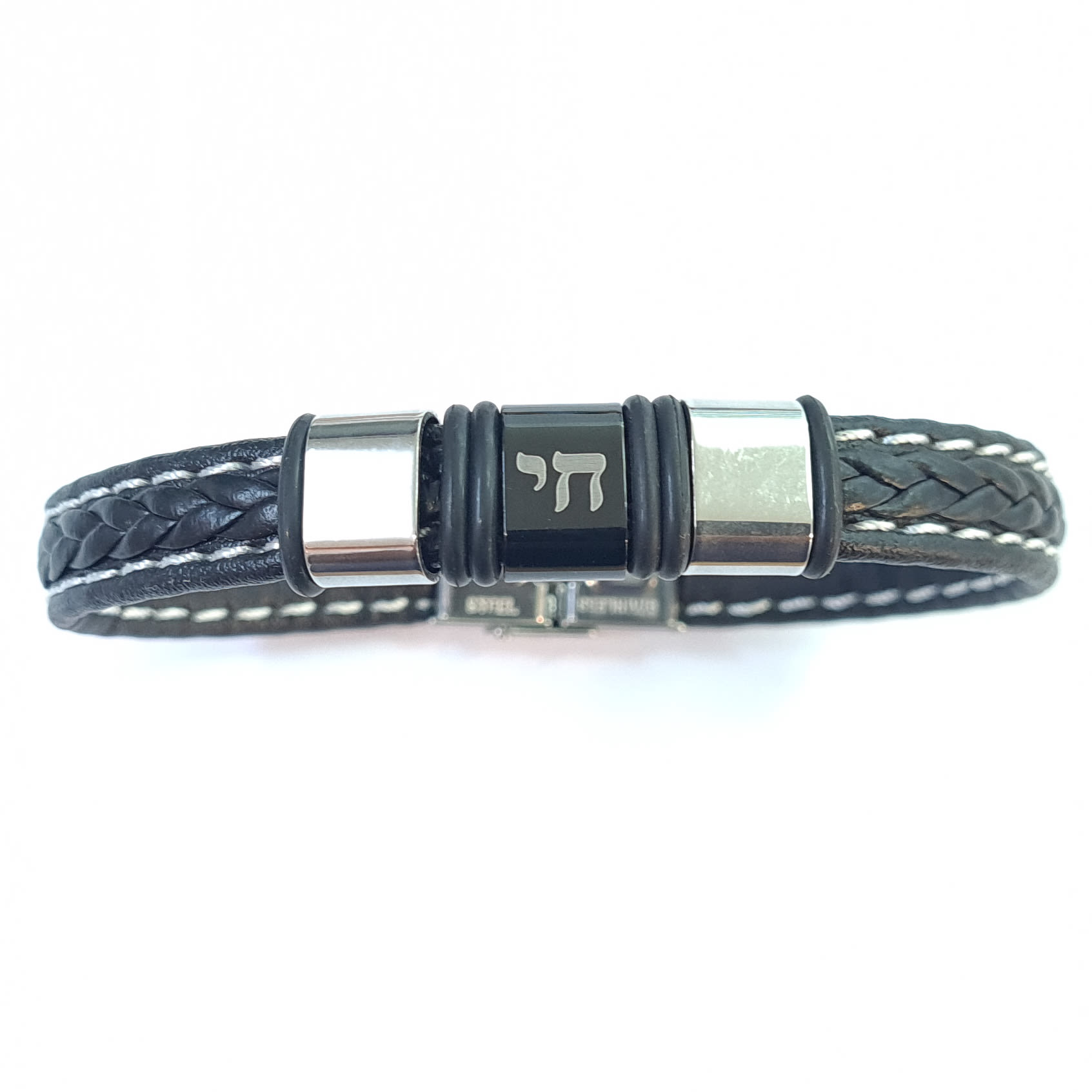
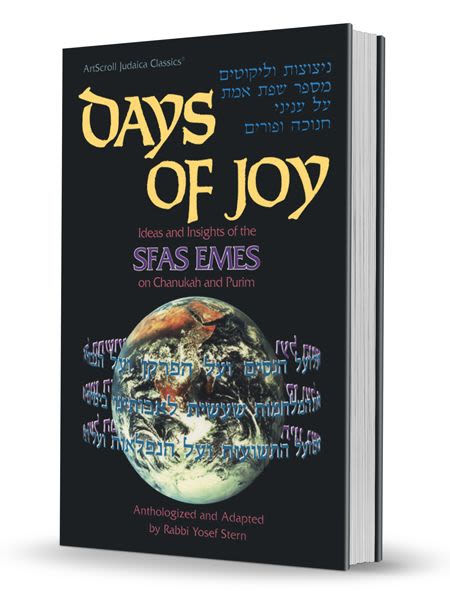

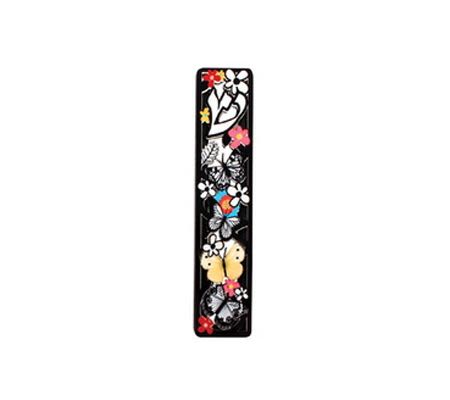

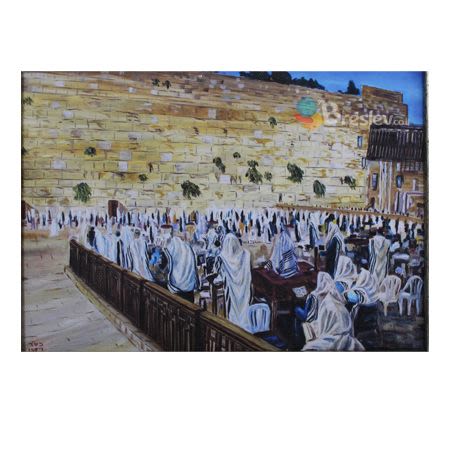
Tell us what you think!
Thank you for your comment!
It will be published after approval by the Editor.